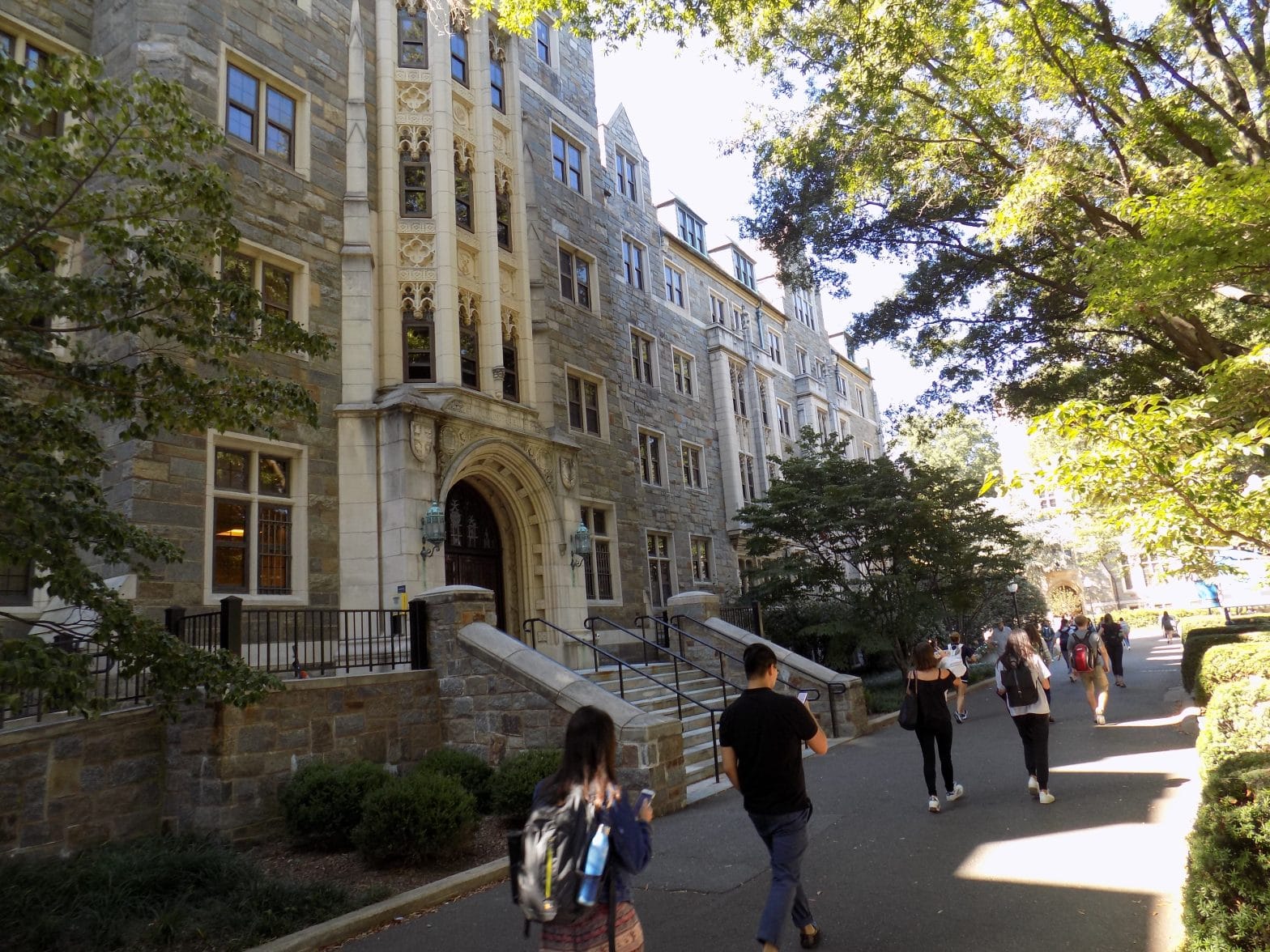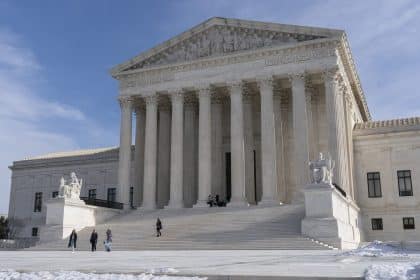Student Advocates Sue Education Dept. for Wage Garnishments in Loan Defaults

WASHINGTON – Higher education advocacy groups are suing the U.S. Education Department for continuing to garnish the wages of persons who default on student loan payments during the coronavirus epidemic.
Education Secretary Betsy DeVos announced March 25 her department would suspend the wage garnishments while a big swath of the U.S. economy shut down and unemployment skyrocketed.
The National Student Defense Legal Network, with support from the National Consumer Law Center and the Student Borrower Protection Center, says in a lawsuit filed last week that the garnishments have not stopped.
Their class action lawsuit accuses DeVos and the Education Department of violating the Coronavirus Aid, Relief, and Economic Security Act, also known as the CARES Act.
President Trump signed the CARES Act into law March 27 as a $2 trillion economic stimulus measure to help the nation’s economy withstand devastation from the coronavirus shutdown. It was part of a federal policy that also sought to halt evictions, foreclosures and student debt collections for at least six months.
“Despite the department’s announcement that it had stopped wage garnishments, and despite the department’s notice to student loan borrowers that it had done the same, the department, more than a month into the six-month emergency suspension period, continues to seize wages from distressed federal student loan borrowers,” the lawsuit filed in the U.S. District Court for the District of Columbia says.
In 2018, the Education Department reported that it garnished more than $840 million from borrowers with federal Direct Loans.
The lawsuit uses the example of Elizabeth Barber, a 59-year-old home health aide who earns $12.89 per hour. She owes about $10,000 on student loans after studying psychology at Nazareth College.
Her hours for an assisted home care company in Rochester, N.Y., have been reduced during the pandemic, making it difficult for her to pay routine debts. She is in default on her student loan.
She cares for patients with cerebral palsy who need extensive assistance with personal care.
“As Ms. Barber continues to assist clients in need, the [Education] Department—in violation of the CARES Act—continues to garnish approximately 12% of her paychecks,” the lawsuit says. “Most recently, the Department illegally garnished $70.20 from her April 24, 2020 paycheck.”
She is suing on behalf of about 285,000 student loan borrowers whose wages are being garnished, the lawsuit says.
The Education Department declined to comment on the litigation. However, a statement from the department said it has taken immediate action to notify employers to stop garnishing wages for student loan defaults.
“The department’s default loan servicer called employers by phone, sent emails when possible, and mailed letters to employers who could not be reached any other way,” the statement says. “Payments we receive via garnished wages will be immediately processed for refund, and the employer will be contacted again to ensure the guidance to stop garnishing wages is understood. The department relies on employers to stop garnishing wages, but is taking every measure to contact employers and refund garnished wages to borrowers until Sept. 30, 2020.”
The consumer advocacy groups that are suing say the Education Department’s response is inadequate.
The department’s pledge to refund garnished wages is likely to take months at a time some borrowers are becoming desperate because of high unemployment.
One of them is the lead plaintiff in the class action lawsuit, the consumer advocates say.
“Ms. Barber is struggling to make ends meet, so every dollar counts as she tries to meet her immediate needs,” the lawsuit says.
“Ms. Barber often has to leave bills unpaid in order to cover her basic needs. She has no money in her checking or savings accounts, is in arrears on various local taxes, and is subject to a lien on her home,” the lawsuit says. “She is also past due on both her water and electric bills, which she cannot afford to pay in full each month. As her past due amounts continue to grow, the decrease in hours due to COVID-19 has magnified Ms. Barber’s financial struggles.”
The plaintiffs ask the federal court to invoke authority under the Administrative Procedures Act to “hold unlawful and set aside agency action . . . found to be . . . arbitrary, capricious, an abuse of discretion, or otherwise not in accordance with law.”
In other words, they want the wage garnishments stopped.The case is Barber v. DeVos, U.S. Dist.Ct. – D.C. Case No. 20-cv-1137, filed April 30, 2020.
























